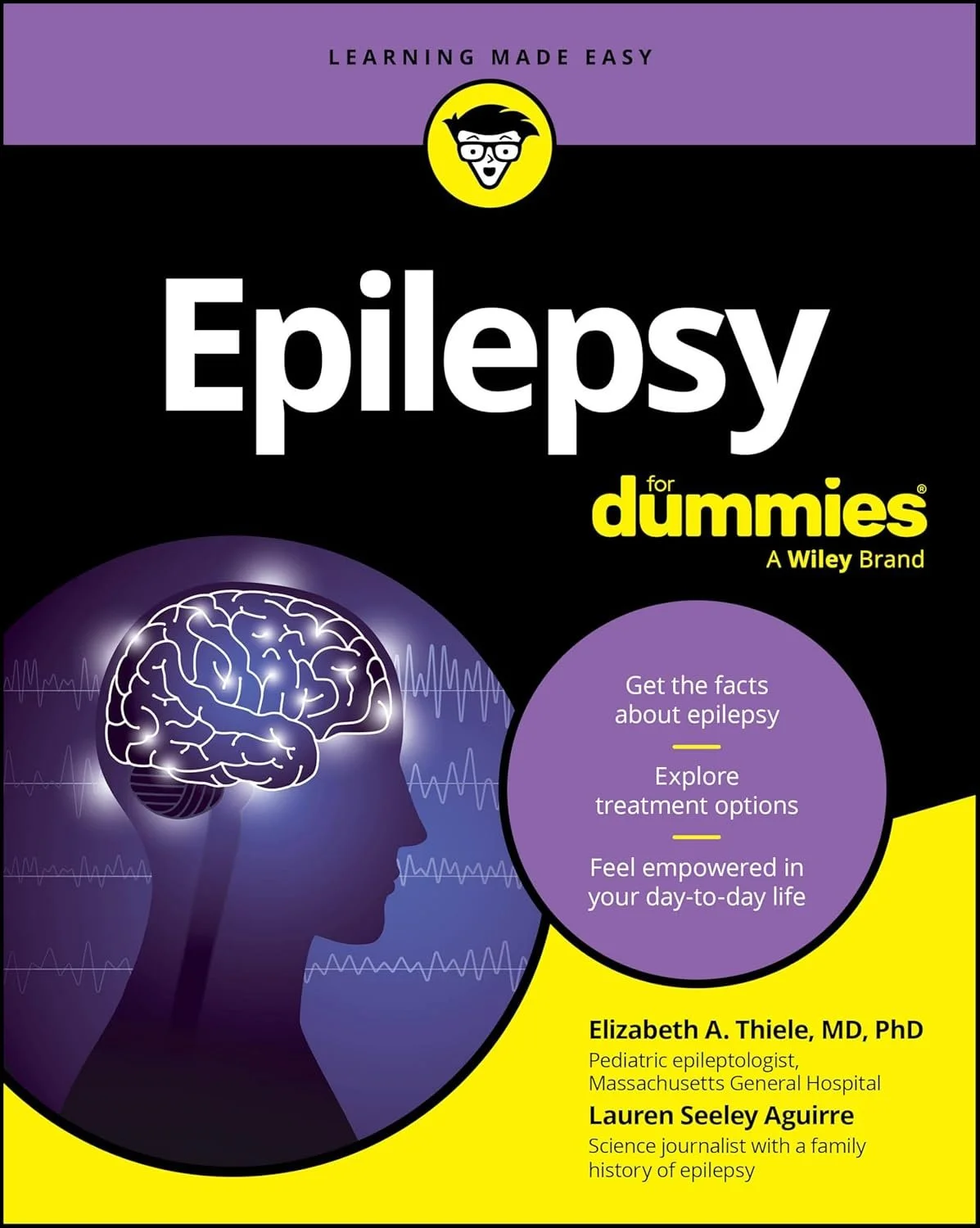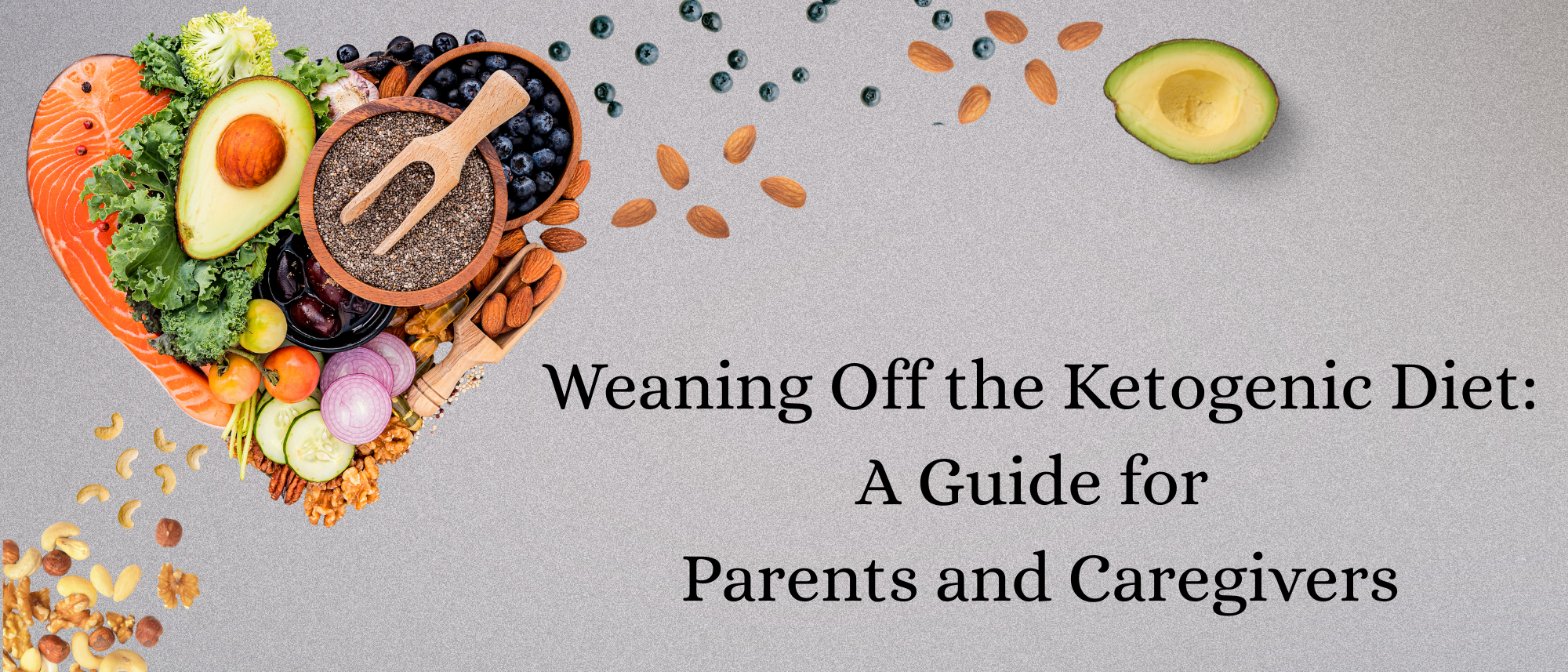Keto Bars: The Good, the Bad and the Absolutely Not Keto Friendly
/11/3/19
By Laura Dority MS RD LD
Are you crazy confused about which “keto” bars are appropriate for you or your child? Does it seem that “keto friendly” products are marketed everywhere but when you read the label (and I hope you are reading labels) you are skeptical if the product is truly a good option for keto?
Don’t worry…YOU ARE NOT ALONE.
Even as a ketogenic dietitian for almost 10 years I was astounded on how many “keto friendly” bars are out there as I started to do my research for this post. Then I was even more astounded by how many really are NOT “keto friendly.” I also chuckled at myself for the amazing marketing terms on packages such as “certified keto” and “keto approved.” Certified by whom? There is no one regulating the term “keto” on packaging so don’t be lured in by these claims.
The problem lies with the fact that “keto” is not a standard term -there are no requirements for what this term does or does not mean. Keto in general certainly means low carb but it does not specify if the product is actually high fat or if the “net carbs” listed are a subtraction of fiber only (generally what we recommend for epilepsy) or fiber, glycerin and/or sugar alcohols (not what we recommend for epilepsy).
*One caveat to the sugar alcohol rule though is some keto dietitians allow the subtraction of erythritol (one kind of sugar alcohol) so I have noted that when indicated – please check with your keto team on their personal thoughts on erythritol.
MANY, many “keto friendly” products are actually low carb/low or moderate fat AND high protein. In some cases a high protein product may be appropriate (such as an extreme athlete) but for the epilepsy population on a keto diet too much protein can potentially kick you out of ketosis or prevent you from reaching therapeutic ketosis. When evaluating keto products, I look for a product that has at least equal amounts of fat to the combination of protein and net carbs (in other words a 1:1 ratio).
So check out these top 10 rated “keto bars” from Amazon and my official keto RD approved thoughts! I have included net carbs (total carbohydrates minus fiber) for those of you on modified ketogenic diets and keto ratios for those of you on the “classic” ketogenic diet. If the product contained erythritol I noted it and how that impacted the ratio. Remember, prepared snacks such as these bars are a nice treat but should be balanced with a whole food ketogenic diet.
—> Disclaimer-These recommendations are for our ketogenic community but may not be appropriate for every individual. Some of these bars have ingredients such as sugar substitutes that can be a seizure trigger for some, so always review the ingredient list to see if it’s appropriate for you. Happy Snacking!
Rating scale:
*** = At least a 1:1 ratio of fat to protein and net carbs combined and does not contain any controversial ingredients to alter the net carbs (such as erythritol or exogenous ketones)
** = Ratio more than 1:1 but contain erythritol or exogenous ketones
* = Below a 1:1 or poor ingredient selection
I realize that many of you are following a keto ratio higher than a 1:1 but the reality is with any convenient grab and go bar you are probably going to have to pair with more fat to raise your ratio. I’m thinking some avocado slices, a swig of MCT oil in your beverage or a shot heavy cream.
#1: Perfect Keto Bar ***
Nutrition (per bar): 240 calories; 18 grams fat, 2 grams net carbs and 11 grams protein (1.4:1 ratio)
Pros:
Contains sunflower lecithin (source of choline-for more on choline visit https://ods.od.nih.gov/factsheets/Choline-Consumer/)
Sweetened with Stevia (preferred over sucralose and aspartame)
Contains MCT oil
No sugar alcohols
Cons:
Expensive – one of the most pricey bars on the market at $3.99 per bar
#2: Quest Bar *
Nutrition (per bar): 200 calories, 9 grams fat, 7 grams net carbs (4 grams net carbs if you subtract erythritol), 21 grams protein (.3-.4:1 ratio)
Pros:
· One of the more wallet friendly options at $1.78 a bar
Cons:· Sweetened with sucralose
· Ratio too low due to large amount of protein and low amount of fat
#3: Yum Keto Bar **
Nutrition (per bar): 210 calories, 15 grams fat, 5 grams net carbs (3 grams if subtracting erythritol), 11 grams protein (0.9 -1.1:1 ratio)
Pros:
· Sweetened with Stevia (preferred over sucralose or aspartame)
· Contains MCT oil
Cons:
· Expensive at $3.33 per bar
#4: InstaKetones Bar **
Nutrition (per bar): 140 calories, 8 grams fat, 4 grams net carbs, 15 grams protein (.4:1 ratio)
Pros:
· Contains BHB (Exogenous ketone – this means a ketone that is produced outside the body – in theory exogenous ketones will boost your ketosis but this is only a short term effect and should not replace eating a keto diet. Research is unclear of the role (if any) exogenous ketones can play in the treatment of epilepsy. I am placing this in the pro section only because I do not think it’s a con but I’m not completely sold that it’s a pro either.
· Sweetened with monk fruit
· Slightly cheaper than other bars at $2.50 each
Cons:
· The ratio is low. Maybe this is okay due to the exogenous ketones but it’s hard to say. This bar may work for some patients. If someone in my practice asked if they could use it, I would probably allow but would be skeptical and want them to really evaluate their seizure control and ketone levels associated with the timing of adding this product.
#5: Stoka Bar **
Nutrition (per bar): 250 calories, 22 grams fat, 11 grams net carbs (4 grams net carbs if subtracting erythritol), 9 grams protein (1.1-1.7:1 ratio)
Pros:
· Contains sunflower lecithin (source of choline)
· Sweetened with Stevia (preferred over sucralose or aspartame)
· Slightly cheaper compared to other bars at $2.99
Cons:
· Does contain 7 grams of erythritol per bar so this may or may not be allowed depending on if you are subtracting from net carbs. Even if you are not subtracting the eryritol the ratio is still a 1:1 though so that’s not terrible.
#6: KetoSlim Protein Bar *
Nutrition (per bar): 220 calories, 8 grams fat, 20 grams of net carbs, 21 grams protein (.2:1 ratio)
Pros:
· None – This product claims to have 2 grams of net carbs on the package but that’s only because it’s loaded with maltitol (sugar alcohol) and they are subtracting that amount from the total carbs. Maltitol should not be subtracted for epilepsy patients on a keto diet.
Cons:
· Contains fructose
· Contains maltitol
· It contains 5X more carbs and protein than fat.
#7: Dang Bar ***
Nutrition (per bar): 210 calories, 16 grams fat, 4 grams net carbs and 10 grams protein (1.1:1 ratio)
Pros:
· Plant based (great option and only option I found for anyone on a vegetarian keto plan)
· Slightly cheaper than some other thumbs up options at $2.77 each
Cons:
· None
#8: Kiss My Keto Bar **
Nutrition (per bar): 240 calories, 20 grams fat, 6 grams net carbs (4 grams net carbs if you subtract erythritol), 10 grams protein (1.25-1.4:1 ratio)
Pros:
· Sweetened with Stevia and monk fruit extract (preferred over sucralose and aspartame)
· Contains coconut oil and MCT oil
Cons:
· Expensive at $3.50 each
#9: SlimFast Keto Bar **
Nutrition (per bar): 190 calories, 14 grams fat, 6 grams net carbs (4 grams net carbs if you subtract erythriol), 7 grams protein (1.1-1.27:1 ratio)
Pros:
· Contains MCT oil
· Sweetened with Stevia (preferred over sucralose or aspartame)
· Cheaper than most bars at $2.00 each
Cons:
· Packaging slightly misleading as they also subtract glycerin from net carbs which we do not in epilepsy.
#10: Atkins Bar *
Nutrition (per bar): 190 calories, 9 grams fat, 6 grams net carbs and 15 grams protein (.43:1 ratio)
Pros:
· Contains coconut oil (MCT source)
· Low net carbs
· Cheapest bar at $1.49 each
Cons:
· Needs more fat to be considered keto
· Misleading label as they subtract glycerin from net carbs which we do not in epilepsy
· Sweetened with sucralose
In summary…
If I had to choose my favorite it would be the Perfect Keto Bar. Why? I like their ingredients and the fact they do not contain any erythritol so the variable of “is erythritol okay or not” is taken out of the equation. For anyone on a plant based keto plan, the Dang Bar is a great choice. Please keep in mind the nutrition information and pricing (Amazon) is accurate as of September 2019. Also there may be some slight variations in nutrition information based on flavors.
This post is not sponsored.























